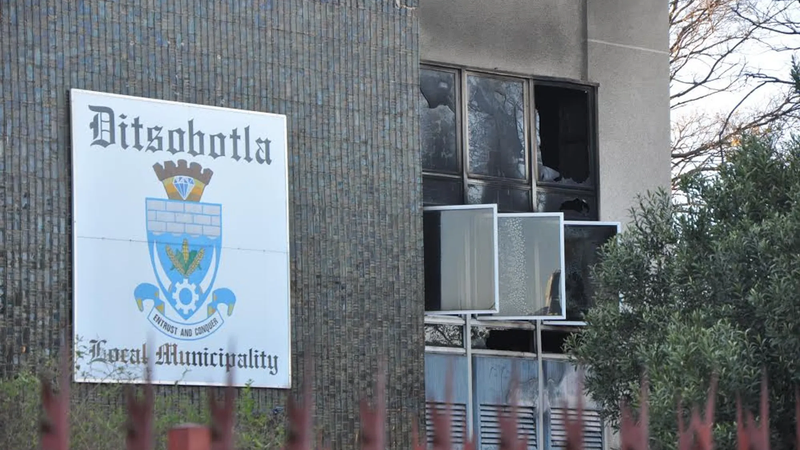Cabinet Intervenes to Restore Stability at Ditsobotla Local Municipality
The intervention is being carried out in terms of Section 139(7) of the Constitution and the Municipal Finance Management Act (MFMA) of 2003.

- Country:
- South Africa
The Ditsobotla Local Municipality in the North West Province has once again come under national intervention after Cabinet approved its placement under administration. The move, announced on Friday, follows a Cabinet meeting held earlier in the week where the Executive received a detailed update on the municipality’s governance and service delivery challenges.
Section 139(7) Intervention
The intervention is being carried out in terms of Section 139(7) of the Constitution and the Municipal Finance Management Act (MFMA) of 2003. This legal framework empowers the national government to take over the functions of municipalities where governance failures compromise service delivery and financial stability.
Cabinet explained that the measure is aimed squarely at restoring stability and functionality in the troubled municipality, which has for years struggled with political instability, financial mismanagement, and deteriorating service delivery.
Recovery Plan to Be Implemented
A Recovery Plan will now be instituted under the joint stewardship of the Department of Cooperative Governance and Traditional Affairs (CoGTA) and the National Treasury. The plan will address financial recovery, governance reform, and operational stability.
In addition, CoGTA will coordinate Inter-Governmental Relations (IGR) structures to ensure effective collaboration between spheres of government. A Joint Operations Task Team will also be set up, with a specific mandate to tackle criminal activities undermining governance and service delivery in the municipality.
Persistent Challenges at Ditsobotla
Ditsobotla has been plagued by years of instability, including internal political disputes, poor financial management, and frequent service delivery protests. Previous interventions by both provincial and national government failed to yield lasting results, leading to yet another round of administration.
The municipality, which includes towns such as Lichtenburg and Coligny, has struggled to provide basic services like water, sanitation, and waste collection. Its ongoing dysfunction has also negatively impacted local economic development, particularly in agriculture and agro-processing, which are the backbone of the region’s economy.
Collaboration with Local Stakeholders
The North West Department of Cooperative Governance and Traditional Affairs has pledged to work closely with all stakeholders, including the Ditsobotla Local Municipality and the Ditsobotla Service Association (DSA), to stabilise the area.
During a recent meeting, the department reassured stakeholders that the intervention would focus not only on stabilising governance but also on restoring the municipality’s ability to fulfil its legislative mandate and deliver services to residents.
Rebuilding Confidence in Local Government
Cabinet emphasised that restoring confidence in local government structures remains a national priority. The intervention in Ditsobotla forms part of a wider government effort to strengthen municipal governance, reduce corruption, and ensure that municipalities function effectively to improve the lives of residents.
The success of the Recovery Plan in Ditsobotla will be seen as a litmus test for how national interventions can reverse long-standing municipal dysfunction in the North West and across South Africa.









